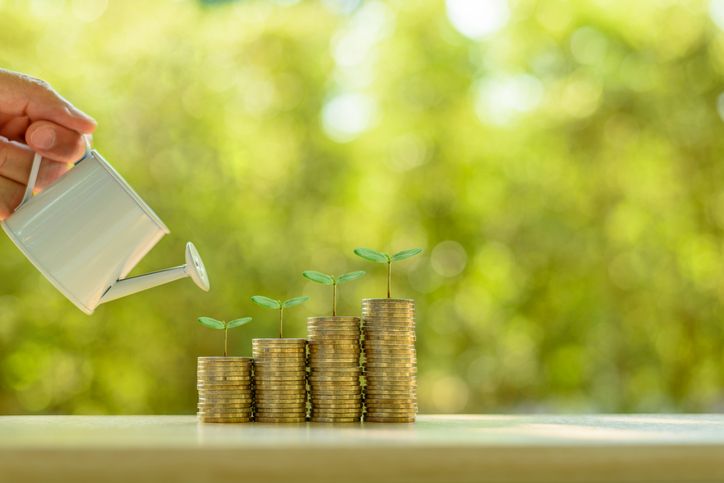Global sustainable assets have hit $30.3trn in investment, with a 20% increase in sustainable assets under management (AUM) in non-US markets since 2020, according to the Global Sustainable Investment Alliance’s (GSIA) latest review.
The sixth edition of the biennial Global Sustainable Investment Review (GSIR) also highlights a “maturing” of the industry, which includes the adoption of tighter definitions of when a fund can be described as ‘sustainable’. These newly imposed standards were a direct response to growing concerns around greenwashing, and thus impacted how the US SIF has measured ‘sustainable assets’ in the period to 2022. As a result of the US SIF’s methodology change, the report finds a drop from $17trn in reported AUM in the US in 2020 to $8.4trn in 2022.
Similarly in Europe, the long-term trend suggests that the proportion of assets defined as ‘sustainable’ has been declining by around 5% per year. Increased requirements around disclosure regulations and the tightening of definitions around sustainable investing and its related approaches may be contributing to this decline.
“The global sustainable finance industry is continuing to mature, with the introduction of clearer disclosure and labelling regimes – such as the EU’s SFDR, the UK’s SDR and the SEC’s proposed Climate Disclosure Rule – helping to drive forward our collective understanding of sustainable investment approaches and providing clarity over how sustainable investments are defined,” said James Alexander, GSIA chair.
“However, much more can be done to accelerate the transition to a sustainable future. That is why, for the first time, GSIA has made a series of policy recommendations in the GSIR, covering measures to increase investment opportunities in the net-zero transition, the need for closer global alignment on sustainable finance regulations, enhanced data sharing and a sharper focus on disclosure of nature and biodiversity risks and opportunities.”
Proposals
In the report, the GSIA proposes the convening of a Sustainable Finance Regulatory Convergence Taskforce, which could make recommendations for improvements and greater alignment of regulations in force across the world.
The GSIA also calls for the widespread and rapid adoption of a global baseline for strengthened corporate sustainability disclosures as well as for ESG ratings and benchmarks, to help ensure investors have access to transparent, accessible, and comparable data when making investment decisions. The report also urges the global adoption of the disclosure recommendations prepared by the Taskforce on Nature-related Financial Disclosures (TNFD), alongside the incorporation of TNFD reporting for corporations into the International Sustainability Standards Board (ISSB) framework.
Masaru Arai, chair of the Japan Sustainable Investment Forum, added: “To attain a sustainable society, a comprehensive approach should be employed worldwide, leveraging the experiences of other nations and territories.
“The GSIA’s cooperative endeavour with the CFA Institute and PRI to provide the definitions of responsible investment approaches, and its recommendation on data sharing and biodiversity disclosure, has the potential to bolster sustainable investment and propel us towards a sustainable society.”








